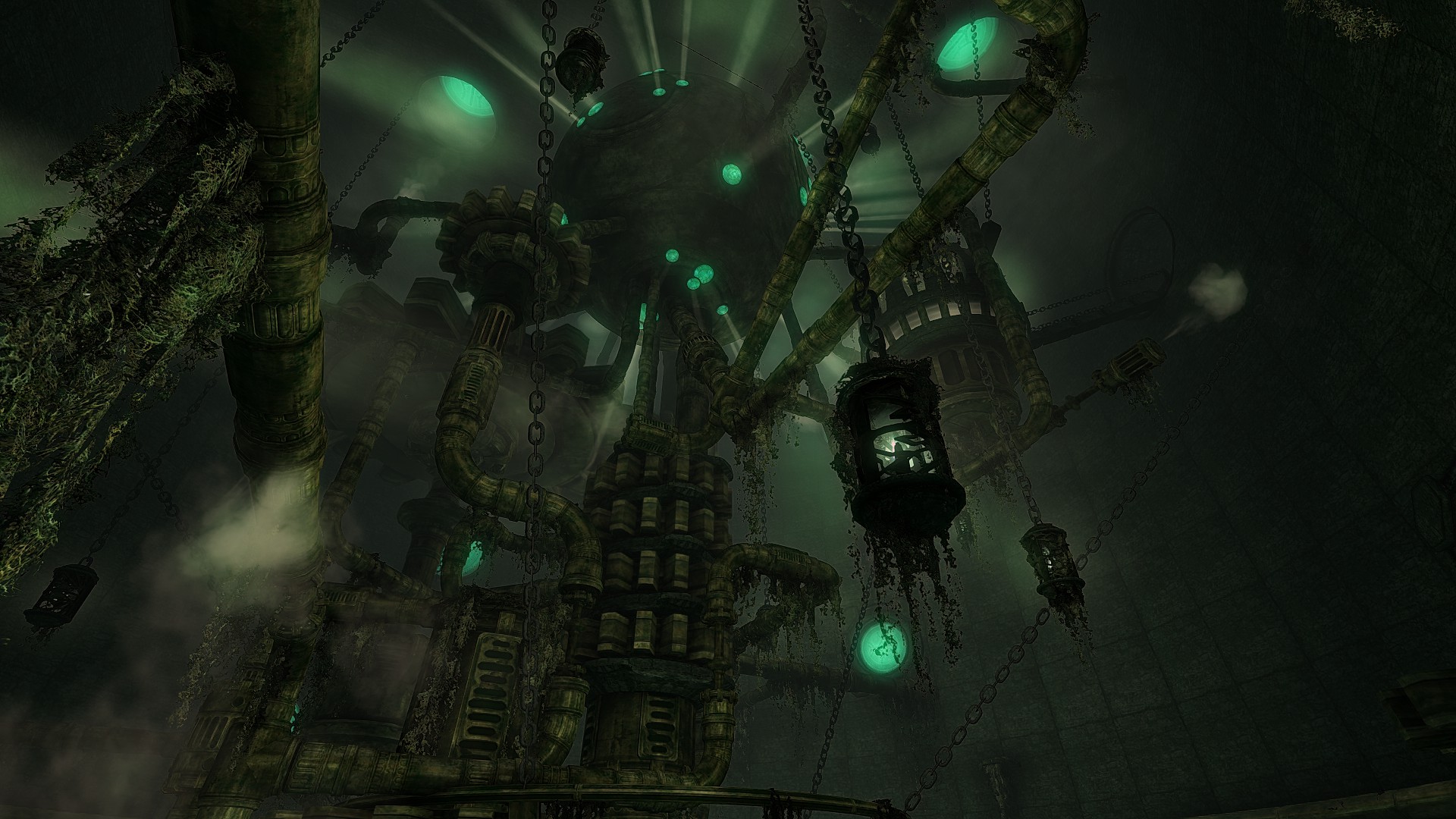

People with suicidal thoughts or intent, or thoughts of harming others, need immediate attention.

If a person is experiencing several at one time and the symptoms are causing serious problems in the ability to study, work or relate to others, he/she should be seen by a physician or mental health professional. One or two of these symptoms alone can’t predict a mental illness but may indicate a need for further evaluation. Unusual behavior – Odd, uncharacteristic, peculiar behavior.Nervousness - Fear or suspiciousness of others or a strong nervous feeling.Illogical thinking - Unusual or exaggerated beliefs about personal powers to understand meanings or influence events illogical or “magical” thinking typical of childhood in an adult.Feeling disconnected - A vague feeling of being disconnected from oneself or one’s surroundings a sense of unreality.Apathy - Loss of initiative or desire to participate in any activity.Increased sensitivity - Heightened sensitivity to sights, sounds, smells or touch avoidance of over-stimulating situations.Problems thinking - Problems with concentration, memory or logical thought and speech that are hard to explain.Drop in functioning - An unusual drop in functioning, at school, work or social activities, such as quitting sports, failing in school or difficulty performing familiar tasks.Withdrawal - Recent social withdrawal and loss of interest in activities previously enjoyed.Mood changes - Rapid or dramatic shifts in emotions or depressed feelings.Sleep or appetite changes - Dramatic sleep and appetite changes or decline in personal care.If several of the following are occurring, it may useful to follow up with a mental health professional.


 0 kommentar(er)
0 kommentar(er)
